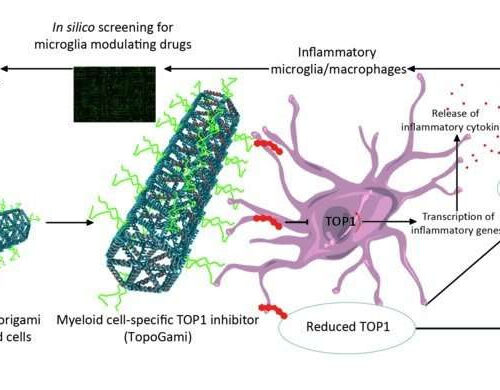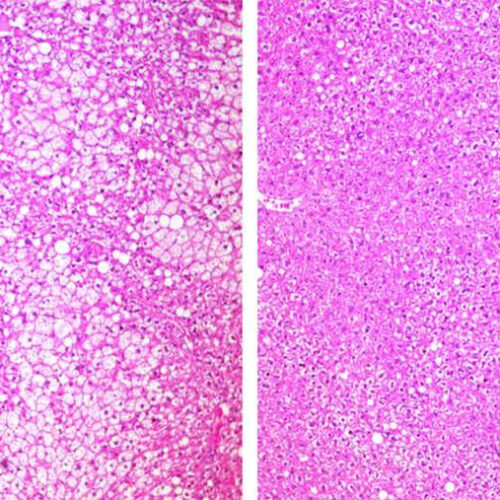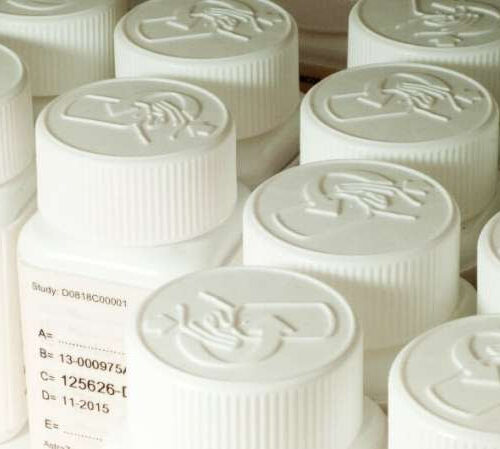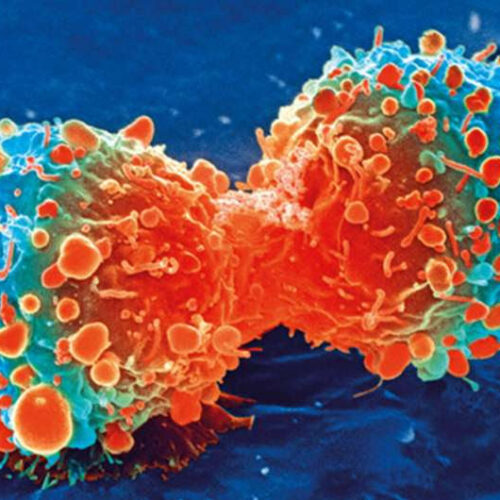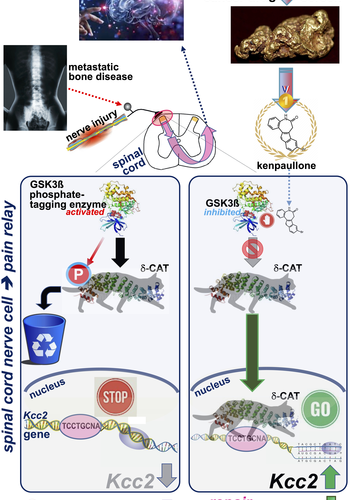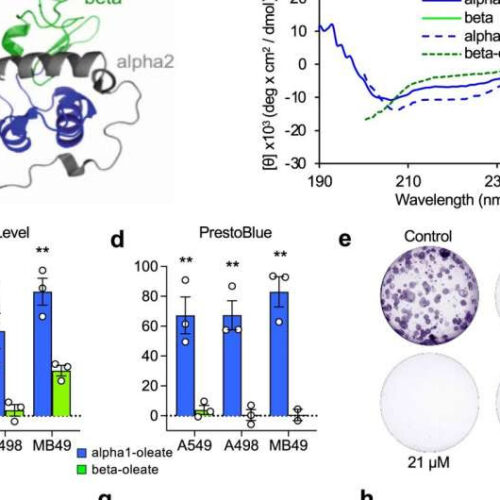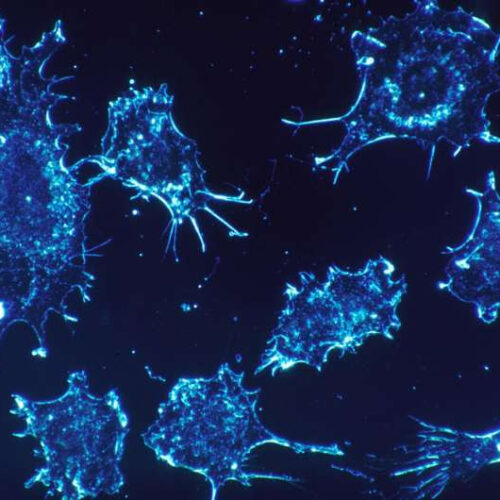by Karolinska Institutet Graphical abstract. Credit: EMBO reports (2022). DOI: 10.15252/embr.202154499 The repurposing of FDA-approved drugs for alternative diseases is a faster way of bringing new treatments into the clinic. Researchers at Karolinska Institutet in Sweden have repurposed a cancer drug for treatment of neuroinflammatory diseases such as multiple sclerosis. A novel drug carrier was also developed...
Tag: <span>Cancer Drug</span>
‘Masked’ cancer drug stealthily trains immune system to kill tumors while sparing healthy tissues, reducing treatment side effects
any cancer treatments are notoriously savage on the body. Drugs often attack both healthy cells and tumor cells, causing a plethora of side effects. Immunotherapies that help the immune system recognize and attack cancer cells are no different. Though they have prolonged the lives of countless patients, they work in only a subset of patients....
Investigational cancer drug mimics beneficial effects of fasting in mice
by Julia Evangelou Strait, Washington University School of Medicine in St. Louis An investigational cancer drug that starves tumors of their energy supply also shows evidence of improving whole body metabolism, according to a new study in mice from Washington University School of Medicine in St. Louis. Shown are sections of liver from mice on...
First clinical trial of innovative cancer drug targeting HSF1 pathway begins
by Institute of Cancer Research Credit: Institute of Cancer Research The first cancer patients are to receive doses of an innovative new drug that targets a master regulatory pathway in cells, as part of a new clinical trial. The drug, called NXP800, was discovered at The Institute of Cancer Research, London, and targets the pathway regulated...
Novel drug liberates tumor vessels to aid cancer drug delivery
by University College London Cancer cell during cell division. Credit: National Institutes of Health A therapeutic antibody developed by scientists at UCL has been shown to unblock and normalize blood vessels inside cancerous tumors, enabling the more effective delivery of targeted cancer treatments. The findings in mice, published in the journal Med, are the first to...
New life for a cancer drug that reprograms pain pathways to treat chronic pain
IMAGE: UPPER RIGHT: SCREENING COMPOUNDS IN THE “JUNKYARD OF CANCER DRUGS”, AKIN TO SIEVING THROUGH SAND, LOOKING FOR GOLD NUGGETS. KENPAULLONE WAS IDENTIFIED AS A PROMISING CANDIDATE OWING TO ITS ABILITY TO SWITCH ON THE KCC2 GENE, WHICH HAS BEEN PREDICTED TO ALLEVIATE CHRONIC PAIN. UPPER LEFT: INTRACTABLE CHRONIC PAIN IS A SERIOUS AND PRESSING...
New approach to molecular drug design yields highly promising bladder cancer drug candidate
by Trinity College Dublin Fig. 1: Tumoricidal activity of two non-homologous alpha-helical peptide–oleate complexes. a Ribbon representation of the crystallographically determined three-dimensional structure of human α-lactalbumin (PDB ID: 1B9O), indicating the alpha1 (blue), beta (green), and alpha2 (gray) domains. The calcium ion is not shown. b Far-UV circular dichroism spectra of synthetic alpha1 peptide, beta peptide,...
Certain gut bacteria found to reduce cancer drug side effects
By Rich Haridy May 26, 2021 New research has found some species of gut bacteria can help minimize the negative effects of chemotherapy on the microbiome. A compelling new proof of concept study from researchers at Northwestern University has demonstrated how certain types of protective gut bacteria can help negate the damaging side effects of...
Scientists develop new class of cancer drug with potential to treat leukaemia
by University of Cambridge Credit: CC0 Public Domain Scientists have made a promising step towards developing a new drug for treating acute myeloid leukaemia, a rare blood disorder. In a study published today in Nature, Cambridge researchers report a new approach to cancer treatment that targets enzymes which play a key role in translating DNA into...
How a cancer drug carrier’s structure can help selectively target cancer cells
TOKYO UNIVERSITY OF SCIENCE The main culprit in cancer is healthy cells that have gone rogue and acquire the ability to divide uncontrollably. These cells acquire growth advantages over normal cells and manipulate their environment by altering the cellular pathways involved in growth and metabolism. Over the past few decades, various altered pathways and proteins...

